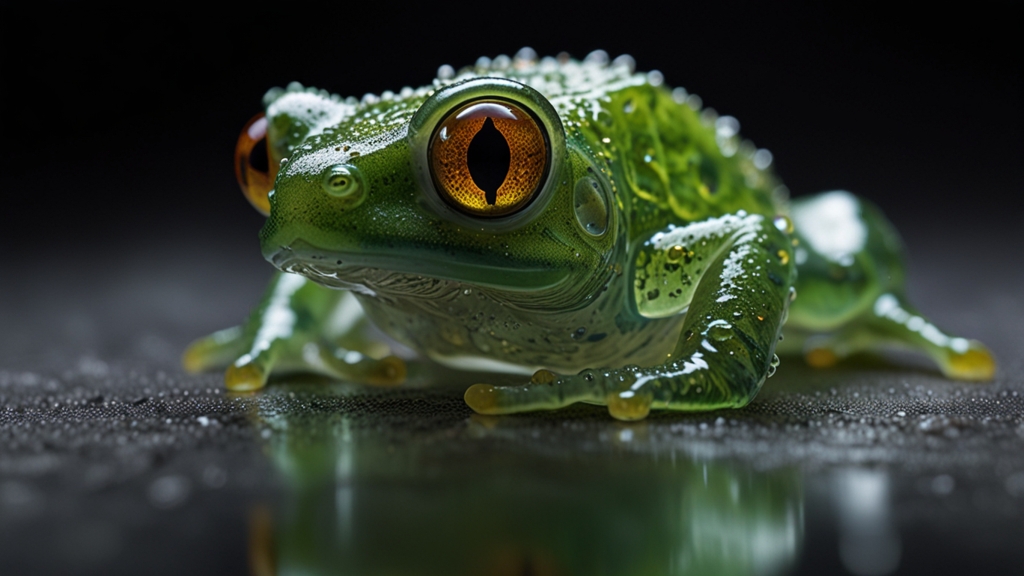The Impact of Environment on Animal Behavior: Nature vs. Nurture
The debate of nature versus nurture has long been a focal point in the study of animal behavior. It delves into the question of whether an individual's environment or their genetic makeup plays a more crucial role in shaping their actions and responses. This conundrum does not only apply to humans but extends significantly to the animal kingdom.
Genetic Predisposition: The Nature Argument
Genetics undoubtedly play a pivotal role in determining the behaviors exhibited by animals. Innate behavior, often referred to as instinct, is behavior exhibited by all members of a species without learning or conditioning. For example, sea turtles instinctively move toward the ocean immediately after hatching, and birds migrate thousands of miles without prior experience.
"Instinct is the hidden inheritance that lives within the genes of every living creature, guiding their behaviors from birth." – Dr. Jane Goodall
Such instinctual behaviors are ingrained in an animal’s DNA, passed down through generations. These behaviors are critical for survival, playing a role in reproductive success, predator avoidance, and finding food.
Environmental Influence: The Nurture Aspect
Conversely, the environment in which an animal lives can significantly influence its behavior. Environmental factors like availability of resources, habitat, social structure, and human intervention can shape and change behaviors over time.
For example, consider the differences between wild wolves and domesticated dogs. While they share a common ancestor, the nurturing environment that dogs have been subjected to has led to behaviors that are drastically different from their wild counterparts. Social learning is also a vital component, where animals learn behaviors by observing and imitating others.
"The environment is the laboratory in which behaviors are honed and perfected." – Konrad Lorenz
Changes in environment can lead to rapid behavioral adaptations. Urban habitats have led many animals to exhibit altered behaviors—raccoons have become adept at scavenging through human trash, and birds like pigeons have learned to thrive in metropolitan areas.
Interplay Between Nature and Nurture
It is critical to acknowledge that nature and nurture are not mutually exclusive. Instead, they often interact in complex ways to shape animal behavior. Genetic predispositions can set the boundaries within which environmental influences mold the behavior. This dynamic interplay ensures that behaviors are both adaptable to immediate circumstances and rooted in evolutionary success.
Consider the case of songbirds. Their ability to sing certain songs is genetically based, yet the specific song patterns they learn can be influenced by their environment, particularly the local dialect and other birds' songs they hear during their early development stages.
Conclusion
The impact of environment on animal behavior in the context of nature versus nurture is a nuanced subject. While genetic predispositions set the stage for potential behaviors, environmental factors play a critical role in shaping these behaviors and enabling adaptability to changing conditions. Understanding this symbiotic relationship is essential for conservation efforts, animal welfare programs, and fostering a deeper appreciation of the natural world.
"Nature and nurture are threads that weave the complex tapestry of life, each one enhancing the other." – Richard Dawkins











